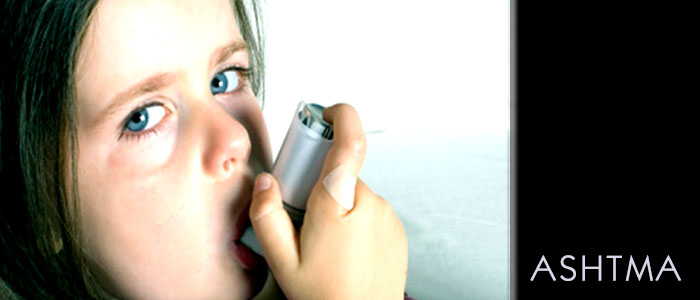
Allergic asthma is the most common form of asthma. Many of the symptoms of allergic and non-allergic asthma are the same. However, allergic asthma is triggered by inhaling allergens.
An allergen is a typically harmless substance such as dust mites, pet dander, pollen or mold. If you are allergic to a substance, this allergen triggers a response starting in the immune system. Through a complex reaction, these allergens then cause the passages in the airways of the lungs to become inflamed and swollen. This results in coughing, wheezing and other asthma symptoms.
If you have allergic asthma, your airways are extra sensitive to certain allergens. Once they get into your body, your immune system overreacts. The muscles around your airways tighten. The airways become inflamed and over time are flooded with thick mucus.
Whether you have allergic asthma or non-allergic asthma, the symptoms are generally the same. You're likely to:
• CoughCommon Causes for Allergic Asthma
• Wheeze
• Be short of breath
• Breathe quickly
• Feel your chest get tight
• Windblown pollen from trees, grasses, and weedsKeep in mind that allergens aren't the only thing that can make your allergic asthma worse. Irritants may still trigger an asthma attack, even though they don't cause an allergic reaction. These include:
• Mold spores and fragments
• Animal dander (from hair, skin, or feathers) and saliva
• Dust mite feces
• Cockroach feces
• Smoke from tobacco, a fireplace, candles, incense, or fireworksAsian diagnostics is the first and only center in the state where in-vitro tests are being carried out.
• Air pollution
• Cold air
• Exercise in cold air
• Strong chemical odors or fumes
• Perfumes, air fresheners, or other scented products
• Dusty rooms
